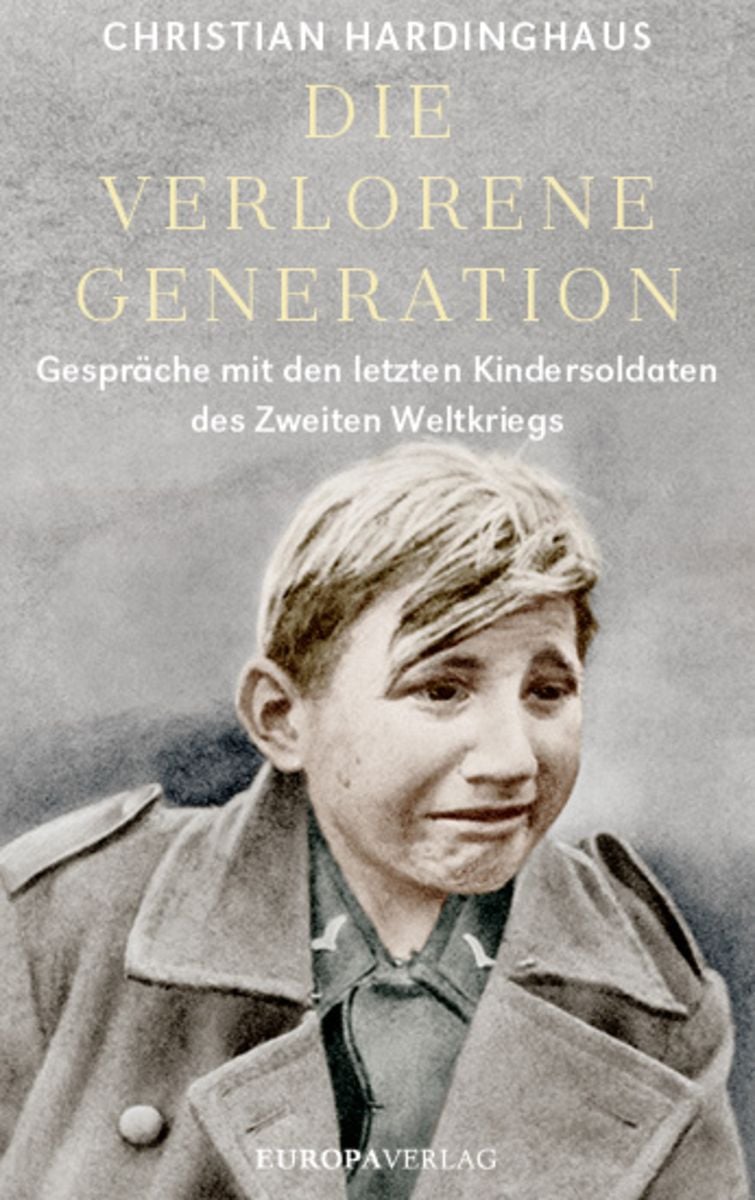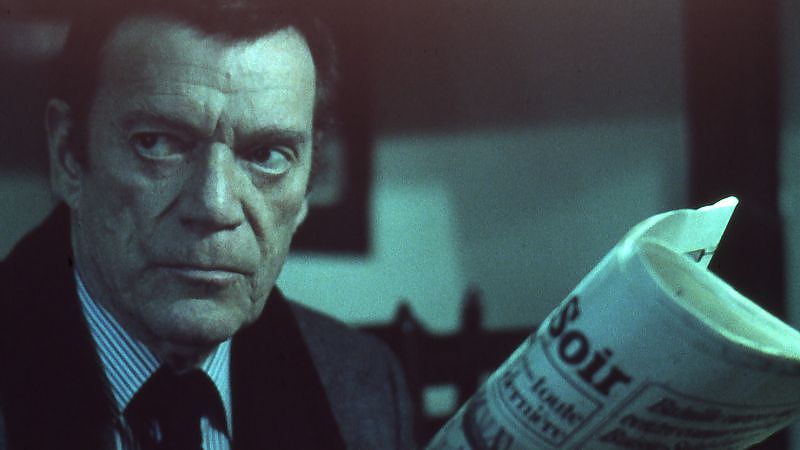
He gave me additional information about Werner Brähler that was not conducted in the book. He is the one in charge of the website and also an old friend of Brähler. Gräwe’s section.In Werner Brähler’s case, I had to contact Carsten Schmitt. Also, he gave me all the pictures used in this assignment which I use in this assignment in Mr. In Günter Gräwe´s case, I was lucky to meet him in person and to conduct several interviews in three days with him.

Luckily, Werner Brähler had a website where I could easily engage with his biography.

Brähler had already passed away, which lead me to just having one of them being interviewed by me. After doing some research on my topic I found these two very interesting people, but I also discovered that Mr. As well as I decided to compare two different solders that fought on two opposite fronts – west (Günter Gräwe) and east (Werner Brähler). Therefore, I decided, that I mainly wanted to focus on the USA and the USSR since they were the two superpowers after the war. With this quote, I want to start my introduction about my topic which is about two German World War II soldiers that were captured by the allies and held as Prisoners of War between 19. 9789916635391.Omanson, Oliver, Prisoner of War Number 21860: The World War II Memoirs of Oliver Omanson Neid kuulates tasub küsida, kas neid ikka saab üheselt hukka mõista. aasta verine pühapäev Poolas, vangilaagrites nälga surnud kamraadid või Normandia dessandi ajal toimunud veresaun? Kuidas pääseda eluga, kui su hävitaja Vahemere kohal alla tulistatakse ja sa üksi vette hulpima jääd? Teise maailmasõja tähtsaimatest lahingutest osa võtnud 13 Saksa sõdurit räägivad viimast korda ja otsekoheselt sellest, mida nad üle elasid.

Kuidas ikkagi suutsid sakslaste isad ja vanaisad Stalingradi katla väljakannatamatus näljas ning pakases või Aafrika piinavas kuumuses vastu pidada? Mis tundeid tekitasid neis meestes 1939. Seejuures ei ole ajaloolased kunagi kahelnud, et sõjakuritegudes ja holokaustis osales siiski vaid väike osa Wehrmachti sõduritest. Maailmasõjas võidelnud mehed on muutunud neetud põlvkonnaks, kes esialgu sunniti võitlema, seejärel üleelatust vaikima ning nooremate põlvede põlgust taluma. Teine maailmasõda on Saksamaal endiselt tundlik teema, millest rääkimisel tõmmatakse Wechrmachti sõduri ja natsi vahele tihtilugu võrdusmärk.


 0 kommentar(er)
0 kommentar(er)
